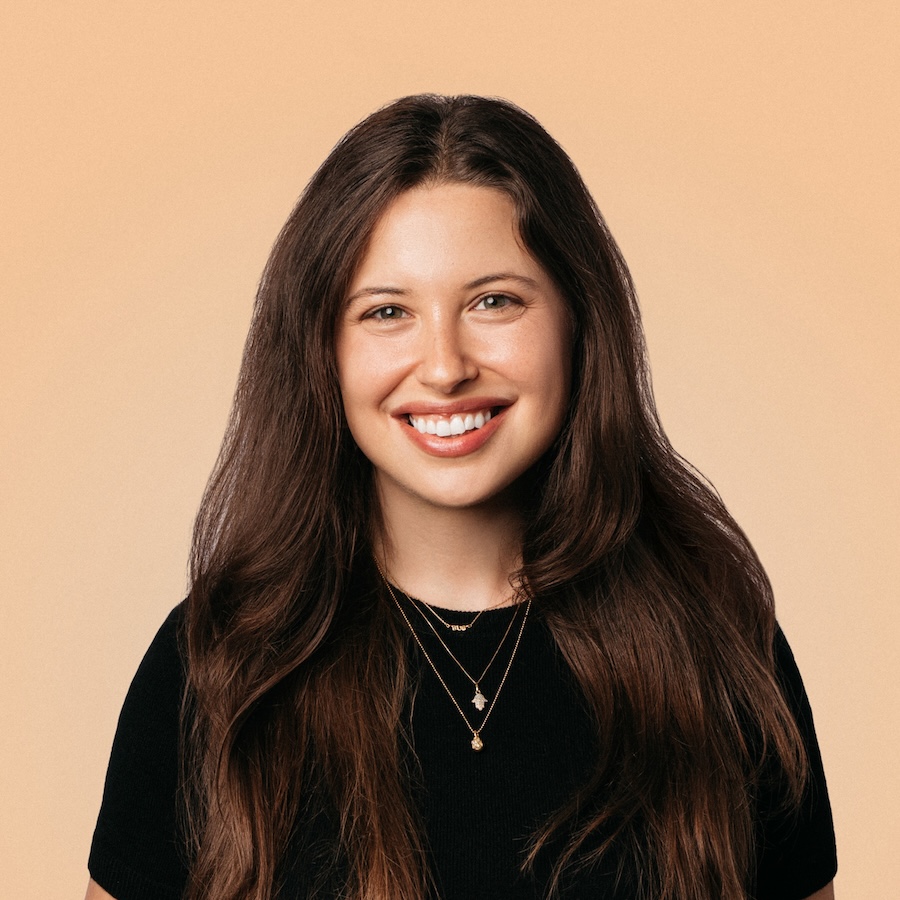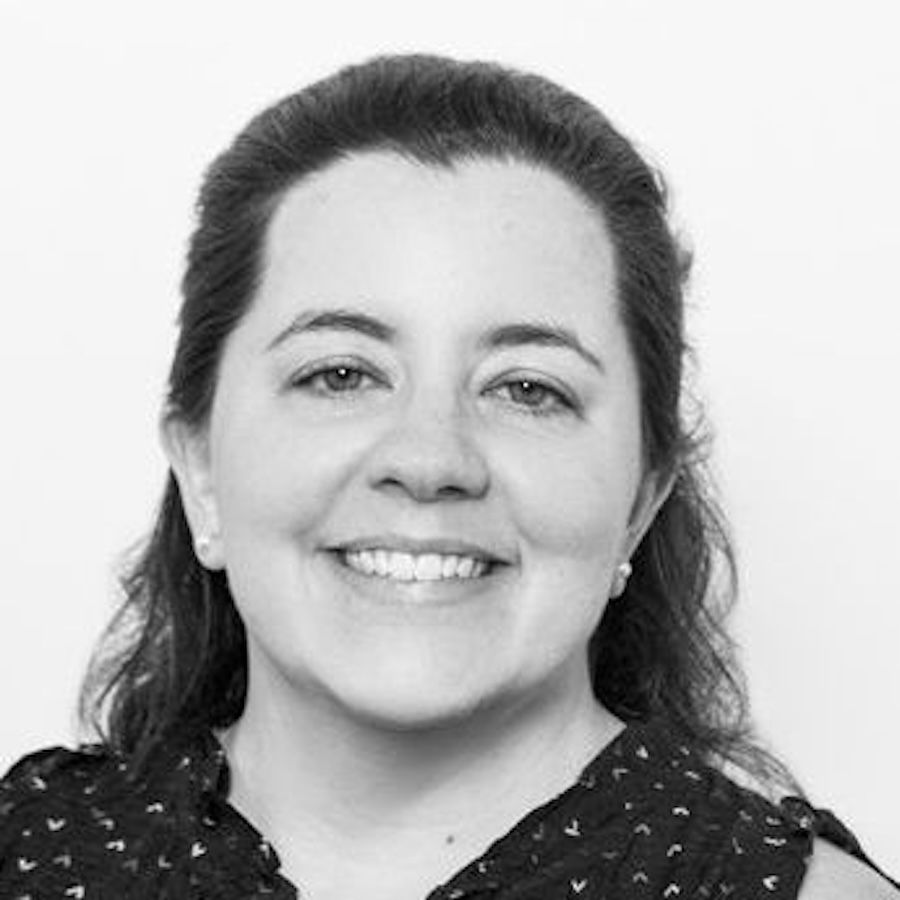What have you been up to since graduating from Bowdoin?
When I graduated from Bowdoin, I thought I wanted to be a lawyer. My sister, who was in law school at the time, advised me to work at a law firm for a year before applying to law school, to see if I actually enjoyed it. After arriving at a big law firm in New York City as a paralegal, I quickly learned that I was deeply uninterested in being a lawyer. I did, however, enjoy the small amount of work I got to do on the business side of the firm.
At the time, it was the start-up craze of the 2010s, when there was a start-up for just about anything you could be interested in. I ended up joining a start-up called LOLA in the women’s health space as one of their first employees. There, I started their community department, focusing on engaging customers through events, content, and other tactics. After four years, I moved to another small start-up, also in the women’s health space, before joining a creative and social media agency. In that role, I was able to apply what I had learned across industries and work with different types of businesses. About a year ago, I joined a large communications agency called Orchestra, where I am now the head of influencer marketing. In this role, I help organizations and businesses of all kinds find influential voices that resonate with their target audiences.
Why gender, sexuality, and women’s studies?
My gender, sexuality, and women’s studies classes taught me to always ask why, which is critical to the work I do today. Why is that a trend? Why do people hold that belief? Why are people interested in that idea? Trying to find the root of beliefs and actions is central to a gender, sexuality, and women’s studies major, and that eternal questioning and challenging of the status quo has always excited me.
Are there any classes, professors, or experiences that had a lasting impact on you?
Professor Kristen Ghodsee and Professor Tricia Welsch changed my life and how I see the world. I actively use what they taught me every day. If you ever have the opportunity to take a class with them, you must. Additionally, I interned for two years in Congresswoman Chellie Pingree’s office while at Bowdoin, which allowed me to step outside the Bowdoin bubble and understand what was happening in the world around me.
What advice would you give to current students or recent graduates interested in your field?
Do not be a passive consumer. If you are scrolling on TikTok and see something that has gone viral, ask yourself why. If you notice everyone following a trend, ask yourself why. When I interview entry-level candidates, I always look for people who see beyond what is being served to them and who try to understand culture and consumption on a deeper level.

